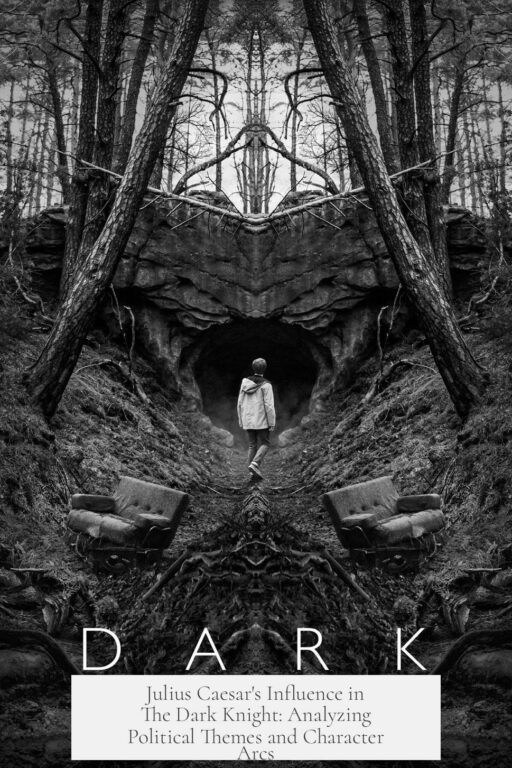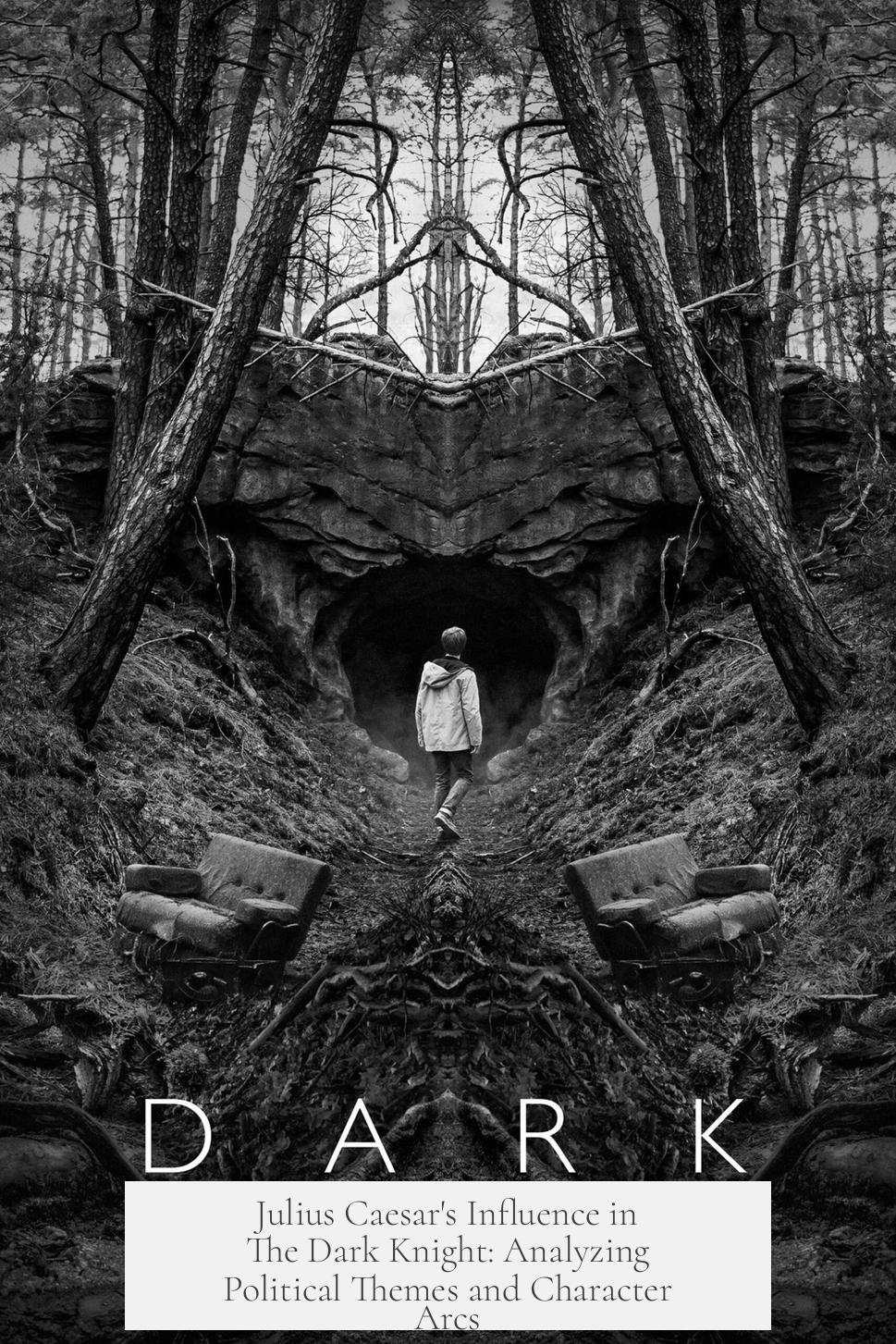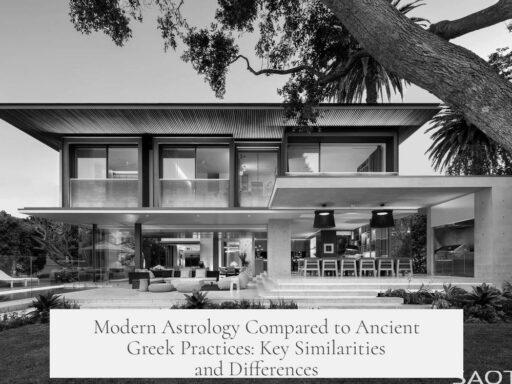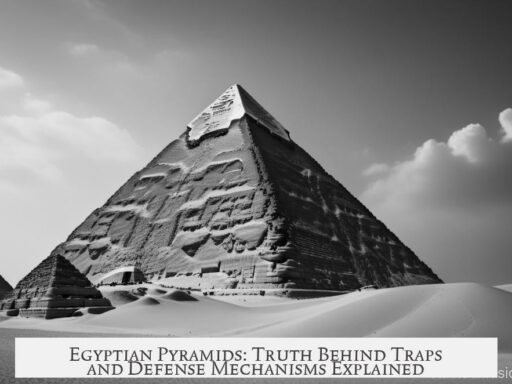The Dark Knight uses Julius Caesar as an allegory to explore themes of political power, dictatorship, and moral ambiguity. The film draws parallels between Caesar’s rise and the complex dynamics in Gotham’s leadership, particularly through the character Harvey Dent.
In The Dark Knight, Harvey Dent’s speech about dictatorship echoes Caesar’s appointment as dictator during Rome’s crisis. Caesar’s initial dictatorship was a temporary, constitutionally accepted role to stabilize the Republic during danger. Similarly, Dent proposes a strong, centralized authority to restore order amidst Gotham’s chaos. This reflects the historical fact that Caesar was appointed dictator in 49 BC when the Senate fled Rome due to civil war.
The film indirectly references the political manipulation that led to Caesar crossing the Rubicon. Caesar’s crossing marked the start of a civil war forced by a corrupt Senate faction demanding he disarm to avoid prosecution. This maneuver intended to end Caesar’s political power but instead ignited conflict. Gotham’s own power struggles mirror this, highlighting the tension between lawful order and decisive action.
The assassination of Caesar over his declaration as “dictator for life” also resonates in the film. Caesar’s refusal to restore a free Republic made him a target for conspirators aiming to preserve democratic ideals. In The Dark Knight, the danger of power concentration and the moral cost of leadership link to this Roman historical moment, where no side is entirely right or wrong—both the Republic and Caesar shared blame for the turmoil.
Additionally, the film references Cincinnatus, the Roman figure who took dictatorship briefly to save a trapped army, then relinquished power immediately, returning to his farm. This contrasts sharply with Caesar’s dictatorship for life and emphasizes the virtue of selfless leadership. The scene where Commissioner Gordon calls citizens to rally invokes Cincinnatus’s summoning of forces at the Field of Mars, underscoring themes of civic duty.
By weaving Julius Caesar’s story into its narrative, The Dark Knight critiques the delicate balance between order and freedom, leadership and tyranny. It invites viewers to reflect on whether extraordinary times justify extraordinary measures and the moral ambiguities leaders face when confronting corruption and chaos.
- Harvey Dent’s role parallels Caesar’s initial dictatorship during crisis.
- Gotham’s power struggles echo Caesar’s civil war against a corrupt Senate.
- Caesar’s assumption of dictatorship for life parallels dangers of concentrated power in the film.
- Cincinnatus’s brief dictatorship symbolizes selfless leadership, contrasting with Caesar.
- The film presents moral ambiguities around leadership and the cost of restoring order.
Julius Caesar Reference in The Dark Knight: Decoding the Political Subtext
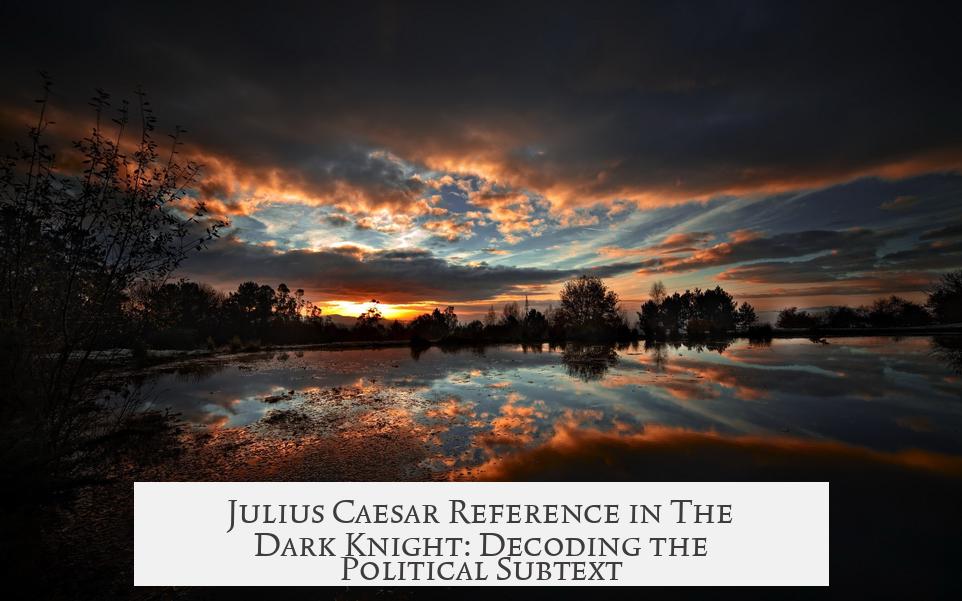
Is there a Julius Caesar reference in The Dark Knight? Absolutely. The 2008 Batman epic slyly mirrors the political turmoil of Julius Caesar’s Rome, painting a vivid backdrop of power struggles, corruption, and the thin line between hero and villain. Christopher Nolan’s gripping narrative intertwines Gotham’s chaos with echoes of Roman history, notably Caesar’s rise and fall.
At first glance, The Dark Knight may seem like a pure crime thriller, but a closer look reveals deep political allegories. Let’s break down how Julius Caesar’s story weaves into the film’s fabric.
Senate Manipulation and Gotham’s Corrupt Politics
Imagine the Roman Senate as Gotham’s entrenched political elite. In late 50 BC, a small but powerful faction in the Roman Senate manipulates situation to corner Julius Caesar and Pompey. This triggers a civil war that shakes the very foundation of Rome. The Dark Knight echoes this with Gotham’s corrupt politicians plotting behind the scenes to maintain control, resisting any change or reform. Like the senators demanding Caesar surrender his armies, Gotham’s old guard seeks to stifle any threat to their power.
This political strangulation is reflected in Gotham’s power brokers—city officials, mob bosses, and crooked cops—who manipulate laws and public sentiment to keep their hold. The stagnation and decay of the Roman Republic parallel Gotham’s own rot under corrupt leadership.
Crossing the Rubicon: Harvey Dent as Caesar?
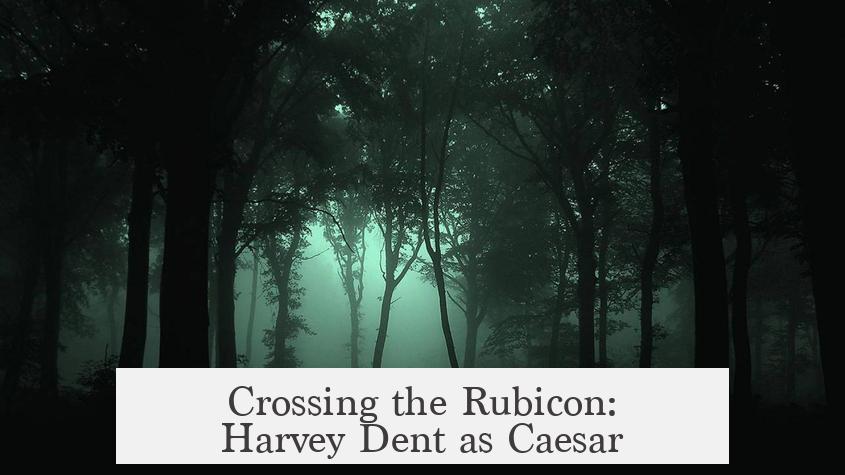
One of the most striking links is found in the character of Harvey Dent, Gotham’s DA and the city’s “White Knight.” Much like Caesar, Dent steps into a broken system desperate for reform. In 49 BC, Caesar crosses the Rubicon—a literal point of no return—leading to civil war aimed at preserving his dignity and political destiny. Harvey Dent’s transformation marks Gotham’s Rubicon moment, where idealism clashes with harsh realities and forces drastic action.
Dent is appointed as Gotham’s “dictator,” in essence, wielding unprecedented power to fight crime and corruption—mirroring Caesar’s legal but powerful dictatorship during a crisis. In the movie, Bruce Wayne even quotes this political maneuver: “You either die a hero, or you live long enough to see yourself become the villain,” echoing the tragic trajectory of Caesar’s story.
The Corruption of the Republic and Gotham’s Moral Ambiguity
Both the Roman Republic and Gotham City are riddled with corruption. The Republic’s decay made Caesar’s rebellion inevitable. Similarly, Gotham’s institutions are deeply flawed and incapable of self-reform. This shared decay blurs the lines between right and wrong, hero and villain, emphasizing the complexity of justice in a dysfunctional system.
Was Caesar legally wrong? Yes. Was the Republic morally right? Also no. Gotham’s crisis forces Batman and Dent to confront similar dilemmas, showing that sometimes law and morality clash in ugly ways.
The Rise and Fall of a Dictator: From Idealism to Autocracy
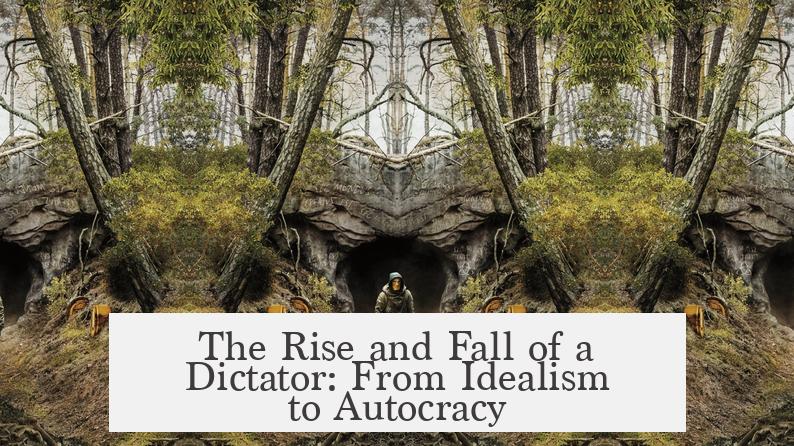
Caesar’s appointment as dictator was not unconstitutional. It’s a temporary safeguard in times of turmoil, as Harvey Dent explains in the film. However, when Caesar declares himself dictator for life in 44 BC, he crosses into tyranny, triggering his assassination by conspirators desperate to restore the Republic. This downfall is mirrored by Dent’s tragic arc: his noble intentions drown under the weight of power and personal tragedy, turning him into Two-Face, Gotham’s feared avenger.
He starts as Gotham’s reformer and ends as its feared villain, echoing how Caesar’s legacy is debated between hero and tyrant.
Caesar: Villain, Reformer, or Tragic Hero?
Was Julius Caesar the villain of his story or a reformer trapped by context? Historical debate rages, and The Dark Knight captures that ambiguity. Caesar’s dictatorship was perhaps inevitable given Rome’s decline. Harvey Dent’s character invites the same questions: could anyone have truly saved Gotham without sacrificing their soul?
This duality forms the emotional crux of Nolan’s narrative. Both men—one historical, one fictional—highlight the crushing cost of leadership in a fractured world. Neither is purely good or evil; both are products of, and responses to, systemic failure.
The Subtle Nod to Cincinnatus: A Forgotten Alternative

In a brief but telling reference, The Dark Knight nods to Lucius Quinctius Cincinnatus, Rome’s humble farmer-turned-dictator. Unlike Caesar, who clung to power, Cincinnatus famously took command to save a trapped Roman army, then promptly resigned to return to his fields. This story contrasts sharply with Caesar’s prolonged seizure of power and vividly illustrates what true service to the republic might mean.
It asks viewers to consider: can leaders serve justly without succumbing to corruption? The Dark Knight poses this quietly amid its chaos, challenging us to rethink what makes a hero or a ruler.
What Can Viewers Learn from This Historical Allegory?
- Power is tricky: Even well-intentioned leaders risk becoming tyrants when systems break down.
- Corruption derails reform: Just like Rome’s Senate, entrenched interests resist change fiercely.
- Heroism is complex: As Bruce Wayne suggests, public perception of good and evil shifts with circumstances.
- History repeats: The story of Caesar reminds us Gotham’s struggles are timeless struggles of governance and morality.
Next time you watch The Dark Knight, keep an eye out for these political undercurrents. You’ll see a narrative that’s more than capes and gadgets—it’s a timeless saga of power, ambition, and the sacrifices leaders face. Batman’s battle in Gotham resonates deeply with Caesar’s tragedy in Rome. It makes you wonder: If you stood at the crossroads, would you cross your Rubicon too?
